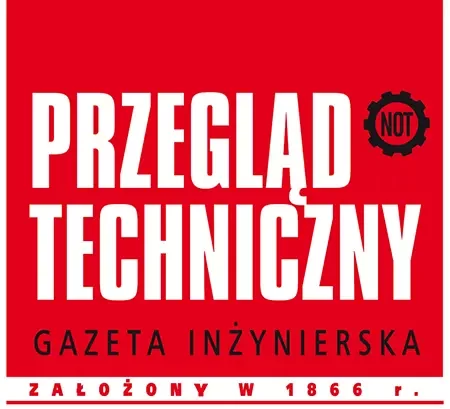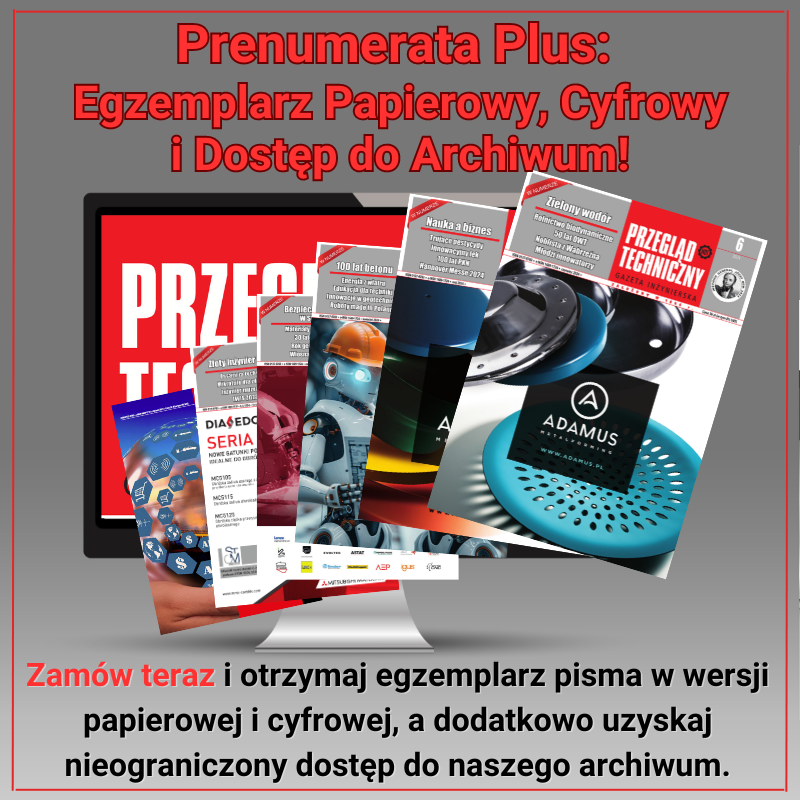Poland is one of the European countries with the smallest per capita reserves of drinking water. Meanwhile, industrial wastewater continues to enter the rivers, Or leaks of toxic substances. That’s why it’s crucial to take care of the condition of rivers through a more perfect system of monitoring the condition of water bodies than the current one. The light at the end of the tunnel was the technology developed by the Wroclaw-based startup Spectrally. An analytical technique that enables rapid and non-invasive analysis of the chemical composition of substance and water samples is already being implemented in the cosmetics or zinc industries.
Currently, water monitoring systems are based on laboratory tests. They are time-consuming (you have to wait up to a month for results) and expensive. That’s why the jury of the third edition of the ING Grant Program recognized the innovative technology, which can have a real impact on water conservation. Its creator Spectrally became one of the 10 finalists in the competition.
– We are a startup developing proprietary technology for real-time monitoring of chemical and water quality. Our technology is a system based on advanced photonic methods, including miniature Raman spectroscopy – Robert Stachurski CEO of Spectrally says.
Miniature Raman spectroscopy is an analytical technique that enables rapid and non-invasive analysis of the chemical composition of samples. It uses the phenomenon of Raman scattering, where light is scattered by the sample and the change in photon energy reveals characteristic molecular fingerprints. Thanks to miniaturization and advanced detectors, this technique can be used in the field, for example to analyze the composition of materials, food or biological substances.
Lidia Sosnowska



